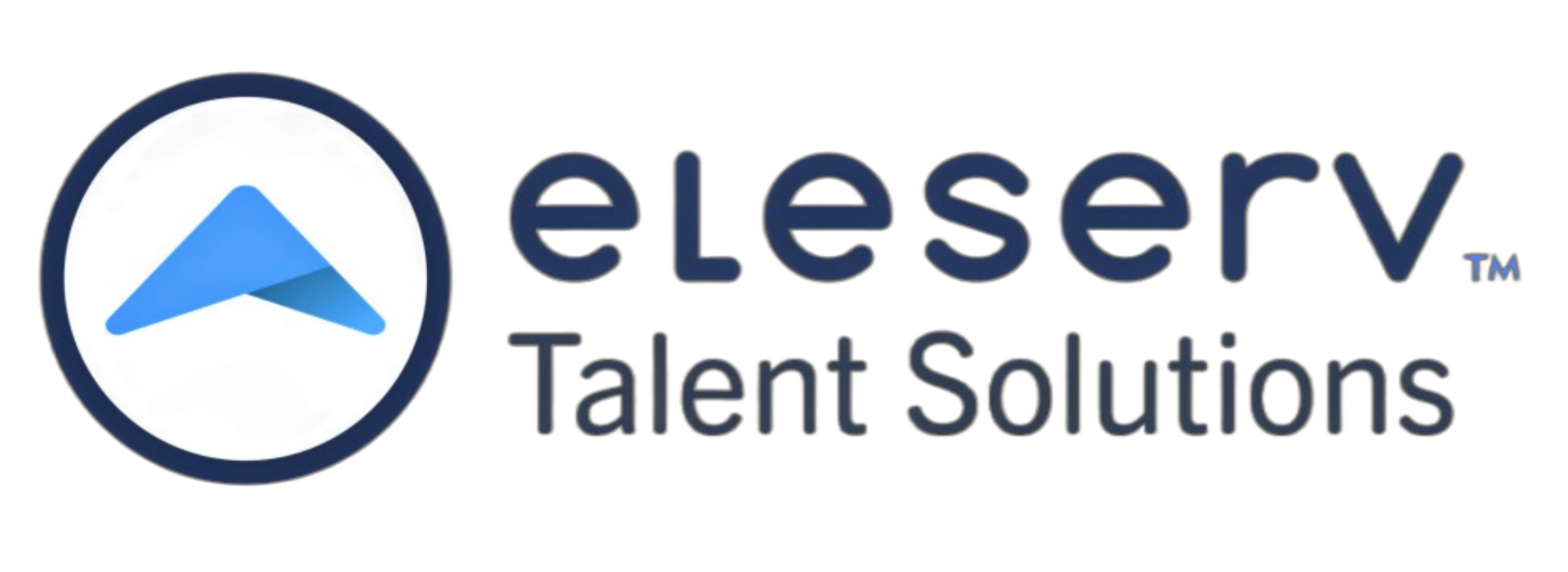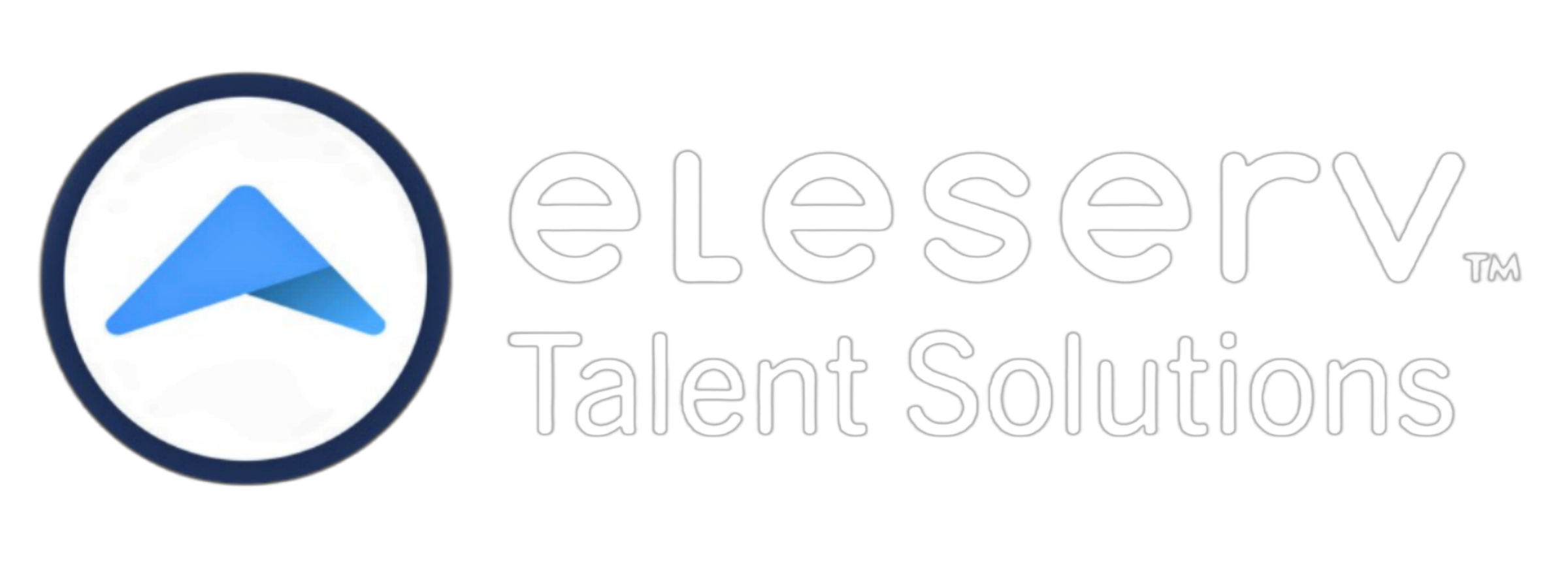Slowing Down Is the New Superpower for HR Leaders.
In today’s fast-paced world, speed is often celebrated as the ultimate virtue. We crave instant results, immediate answers, and quick wins. Yet in the world of leadership especially in HR some of the most meaningful breakthroughs don’t come from taking the straight path. They come from what we might call roundabout thinking: the ability to step back, explore different perspectives, and take a less direct route to reach a deeper, more sustainable solution.
For HR leaders under pressure to deliver results, this idea can feel counterintuitive. But in an era of constant change, the straight line isn’t always the smartest one. The most effective leaders are those who understand when to slow down, think broadly, and approach challenges from multiple angles even if it takes a little longer to get there.
The Problem with the Straight Line
The modern workplace often rewards urgency over reflection. HR leaders are expected to respond instantly to everything from staffing crises to employee conflicts. The culture of “do more, faster” pushes people to rely on quick fixes policies rewritten on the fly, new tools implemented overnight, initiatives launched without alignment or buy-in.
In the short term, these actions might look productive. But over time, the cost of speed without strategy becomes clear: burned-out teams, inconsistent decisions, and initiatives that never take root. When every challenge is met with immediate action, leaders lose the opportunity to ask better questions and to find the solutions that will last.
Roundabout thinking challenges that instinct. It invites leaders to pause before reacting, to zoom out before zooming in. It’s about resisting the illusion of progress and instead focusing on direction.
What Roundabout Thinking Really Means
Roundabout thinking isn’t about overanalyzing or stalling for time. It’s about recognizing that not all problems can be solved head-on. Sometimes the best way to reach the right answer is to take a long way around to look at an issue from unexpected perspectives and consider how it connects to the broader system.
For example, if a company struggles with high turnover, the instinct might be to raise salaries or improve benefits. But a roundabout thinker asks different questions: Why are people leaving? What is the employee experience telling us? How are we matching people to roles in the first place?
That last question often reveals one of the biggest opportunities for HR leaders improving how they select and place talent. This is where the power of roundabout thinking meets the precision of science through PXT Select.
Why PXT Select Embodies the Roundabout Mindset
PXT Select helps HR leaders take a more thoughtful, data-driven approach to hiring and development. Instead of relying on first impressions, gut instincts, or rushed interview notes, it gives organizations the insights they need to truly understand the whole person — their thinking style, behavioral tendencies, and occupational interests.
It’s not a shortcut; it’s the opposite. PXT Select encourages HR leaders to slow down and gather the right information before making decisions that shape teams and culture. By understanding not just who candidates are, but how they’ll perform and adapt within specific roles, organizations make smarter hiring choices that lead to better engagement, lower turnover, and stronger long-term results.
This is the essence of roundabout thinking: taking a more intentional path to reach the best outcome. It may take a little longer, but it saves enormous time, energy, and frustration later.
Building Depth Over Speed
Incorporating a tool like PXT Select helps leaders reframe what “efficiency” really means. True efficiency isn’t about moving faster, it’s about reducing the need to redo, repair, or replace. Every time an employee is hired into the wrong role, or a team dynamic breaks down due to poor fit, the organization loses momentum.
PXT Select helps prevent those missteps by aligning talent decisions with objective data and real-world insights. It supports roundabout thinkers, the HR leaders who are willing to look beyond the surface in making decisions that balance both the human and operational sides of business.
When HR teams apply this mindset consistently, they create a culture that values reflection and alignment as much as action. Employees feel seen for their strengths. Managers feel more confident in their choices. And the organization grows more cohesive because every decision connects to a larger, well-considered strategy.
Shifting from Speed to Substance
Adopting a roundabout mindset means rethinking the rhythm of work itself. It means valuing progress over immediacy and understanding that meaningful change takes time and perspective. For HR leaders, this looks like slowing down enough to align hiring practices with culture, ensuring that every person brought into the organization truly fits the environment and mission.
PXT Select makes this shift practical. It gives HR professionals a reliable framework for making smarter decisions grounded in data and reflection rather than intuition or urgency. When leaders take the time to match people to the right roles, development plans become more effective, teams perform better, and the organization’s growth feels intentional rather than reactive.
The Long Way Is Sometimes the Right Way
Roundabout thinking isn’t about delaying progress it’s about deepening it. It’s the mindset that says, “Let’s understand before we act.” For HR leaders, that can be transformative. It reduces turnover, builds stronger teams, and fosters a workplace culture grounded in clarity and trust.
At Eleserv Talent Solutions, we believe that the best HR strategies come from leaders who aren’t afraid to take the scenic route to think broadly, act thoughtfully, and invest in understanding their people fully.
PXT Select embodies that same philosophy. It helps organizations slow down just enough to get it right because when you do, everything moves forward with greater purpose and confidence.


